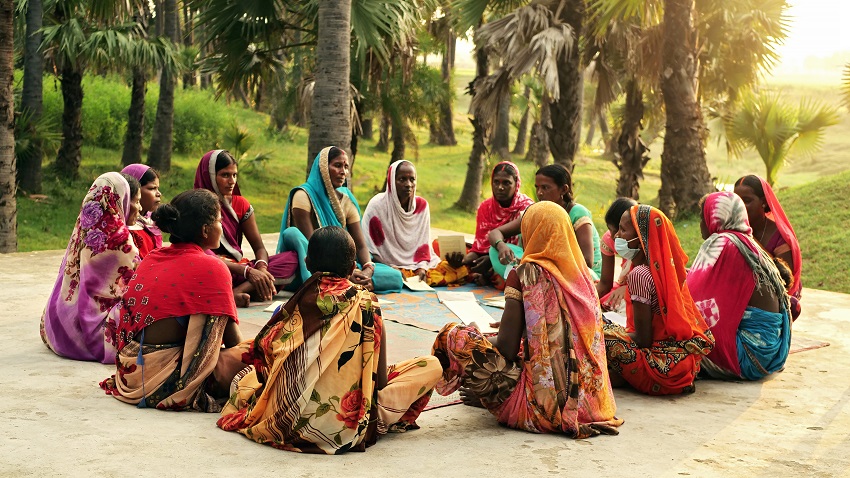In any society, there are various roles and functions that individuals and institutions fulfill to maintain order, progress, and harmony. These roles contribute to the overall well-being and development of the society as a whole. In this article, we will explore the five major roles of society and their significance in shaping our communities. This content is provided by https://tapasociety.org/
Socialization
Socialization is the process through which individuals learn and internalize the norms, values, and behaviors of a particular society. It is a crucial role as it shapes individuals’ attitudes, beliefs, and interactions with others. Socialization occurs primarily within families, educational institutions, and communities, where individuals acquire the necessary skills and knowledge to participate effectively in society. Discover the importance of society.
Governance
Governance refers to the systems and processes through which societies are managed and decisions are made. It involves the establishment of laws, regulations, and institutions that maintain order, protect rights, and ensure the well-being of citizens. Governance encompasses various levels, including national, regional, and local, and involves elected officials, administrators, and public servants who work towards the betterment of society.
Economy
The economy plays a fundamental role in society, as it provides the means for individuals to meet their basic needs, pursue their aspirations, and contribute to the overall development of the community. It involves the production, distribution, and consumption of goods and services, and encompasses various sectors such as agriculture, industry, and services. A healthy and prosperous economy enhances the standard of living and offers opportunities for growth and innovation.
Education
Education plays a pivotal role in society by equipping individuals with knowledge, skills, and values necessary for personal and societal development. It fosters critical thinking, promotes social mobility, and empowers individuals to contribute meaningfully to their communities. Education takes place in formal settings such as schools and universities, as well as informal environments where individuals acquire practical skills and engage in lifelong learning.
Social Welfare
Social welfare refers to the initiatives and programs aimed at promoting the well-being and quality of life for all members of society, particularly those who are vulnerable or disadvantaged. It encompasses healthcare, social assistance, housing, and other support systems designed to address social inequalities and provide a safety net for those in need. Social welfare programs reflect a society’s commitment to equity, compassion, and solidarity.
Conclusion
Society functions through the collective efforts of individuals and institutions fulfilling various roles. Socialization shapes our identities and behaviors, governance ensures order and justice, the economy provides sustenance and progress, education equips us with knowledge and skills, and social welfare promotes the well-being of all. Understanding and valuing these roles is essential for building inclusive, thriving societies that benefit everyone.
FAQs
- How does socialization influence individuals?
Socialization plays a significant role in shaping individuals’ attitudes, beliefs, and behaviors. It helps them acquire cultural norms, social skills, and a sense of identity, which are crucial for their integration into society.
- What is the importance of good governance?
Good governance ensures transparency, accountability, and the rule of law. It promotes social justice, economic stability, and the protection of individual rights, fostering an environment of trust and progress.
- How does education contribute to societal development?
Education empowers individuals with knowledge, skills, and values necessary for personal growth and societal progress. It fosters critical thinking, innovation, and social cohesion, leading to a more prosperous and inclusive society.
- What are some examples of social welfare programs?
Examples of social welfare programs include healthcare services, unemployment benefits, housing assistance, food subsidies, and programs for child and elderly care. These initiatives aim to ensure the well-being and quality of life for all members of society.
- Why is the economy essential for society?
The economy provides the means for individuals to meet their needs, pursue their goals, and contribute to the overall development of society. It generates employment, fosters innovation, and drives economic growth, leading to improved living standards for the entire community.

